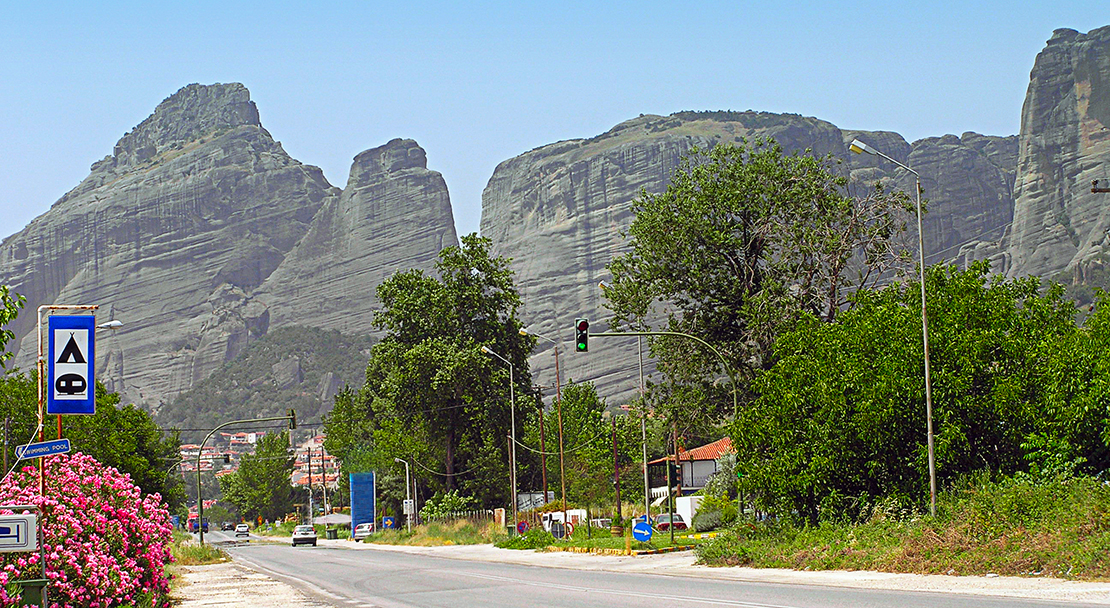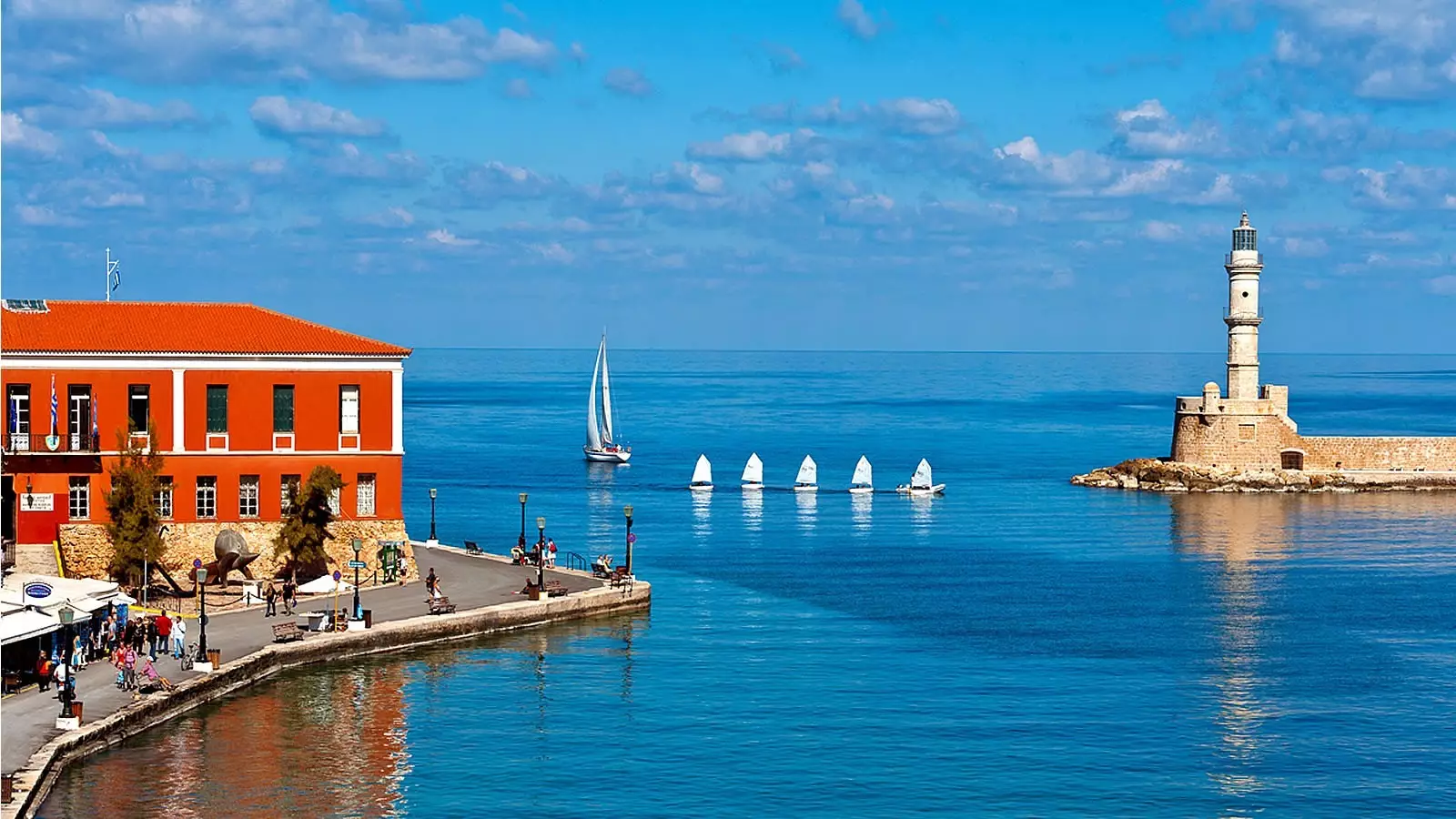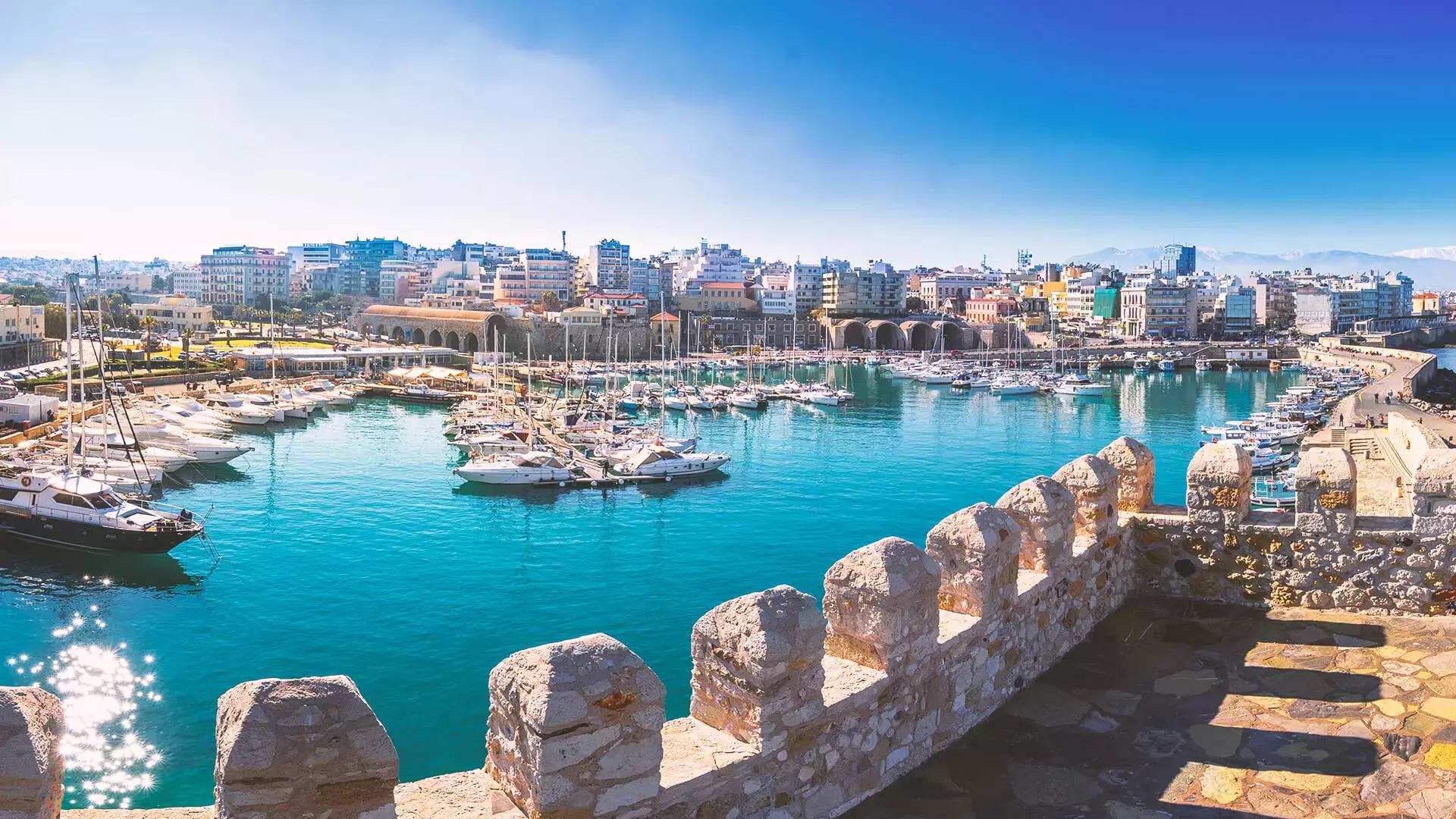Project Description
The average cost of a one-day car rental. The number is calculated based on the bookings of the previous three years. It takes into account the rental of cars across all classes.
You’ll have more fun and comfort if you rent a car for your vacation.
A rental car can solve many problems during your stay in Greece. Beach recreation can be perfectly combined with the viewing of historical sites at your own pace. Greece is famous for its ancient buildings and structures. You’ll be able to visit the three legs of the famous Poseidon’s trident in Chalkidiki and see Skala Fourka. Driving along the coast of the Ionian Sea, you’ll check out its beaches and visit picturesque places like Parga, Meteora, etc.
Renting a car in Greece is effortless. A driver must be at least 25 years old and have driving experience of at least 3 years.
You’ll need:
- Foreign passport
- Driver’s license
- Bankcard
You can use the insurance included in the rental cost. Generally, you’ll be offered Third-Party Liability Insurance (TPL) or Collision Damage Waiver (CDW) in Greece.
The occupancy rate of the car rental fleets by month. For example, most cars are being rented in August, which means that this month has the smallest amount of available vehicles. The higher the percentage of the car fleet workload, the earlier it is worth booking a car to choosing the best option at the best price.
In Greece, fuel stations are generally located in cities and towns. You’ll not see many of them on highways. However, there’s always a town or city nearby, so you’ll never run out of petrol.
On highways, fuel prices are higher by 15-20 euro cents per litre than at the rest of filling stations. And fuel stations near shopping centres of the cheapest petrol of guaranteed quality.
Fuel types in Greece
Petrol
- Unleaded 95 or 98 is regular petrol
- Unleaded 100 (Super) is petrol for high-performance luxury sports cars. Your hire car will gladly consume regular Unleaded 95
- Super LRP is lead-replacement petrol for older cars. It is rarely available. As a rule, owners of such vehicles go to one station and buy a full tank. It costs more than Unleaded 95. Please don’t fill up your rental car with this type of fuel
- V-Power is unleaded petrol 95 or 98 with additives; it is more expensive than regular gasoline. It is available at BP and Shell petrol stations.
Diesel
- Diesel – This is regular diesel fuel (for tractors)
- Diesel Premium, Diesel Super, Diesel Ultimate – This is diesel fuel for passenger cars.
Fuel prices
- 95 〜 €1.75
- 98 〜 €1.91
- Diesel 〜 €1.50
- LPG 〜 €0.99
Highway petrol stations can charge 10% to 20% more for fuel. The cheapest fuel is near large shopping centres. Both petrol and diesel are less expensive in Athens and Thessaloniki than the national average.
Filling up in Greece
You’ll undoubtedly face a parking problem in cities of Greece. Traffic police ensure that drivers park their vehicles only at proper places.
Parking spaces are marked in colour in Greece. Notably, the colour marking in Athens is different from the rest of the country.
Free and paid parking
- Blue — paid parking
- Yellow — parking for commercial, police or government vehicles
- White — free of charge parking
Parking rates can vary significantly between the cities in Greece, so don’t be surprised. Parking prices range from €3.5 per hour in Thessaloniki to free of charge in Crete. On the island of Rhodes, you will find paid car parks (€1.5-3 per hour) only in the town of Rhodes and in the village of Lindos, and you can park for free anywhere else on the island.
Free parking in Athens
- Monday to Friday from 9:00pm to 8:00am
- Saturday from 4:00pm to 8:00am
- Sunday day and night.
There’s a free parking lot near Katechaki (Κατεχάκη) metro station. Parking areas near Ethniki Amyna (Εθνική Άμυνα) and Doukissis Plakentias (Δουκίσσης Πλακεντίας) metro stations used to be free, but now they are metered.
You can park free of charge on the side of the streets and near residential buildings in the suburbs.
Paid parking in Athens
Surface parking lots
- The blue zone is reserved for locals who live in the area
- The yellow zone is for commercial use only
- The white zone is for visitors to the city.
- 1 hour — €0.5-1
- 2 hours — €2-3
- 3 hours — €4-6.
Underground parking garages
Incentive parking
Parking fines
Seizure of license plates
If you decide to rent a car in Greece, you’ll need to learn local traffic regulations.
Traffic police do not like drink-driving a lot. Drunk drivers are issued a fine up to €2,000 and banned from driving.
Features of traffic rules in Greece
- Low beam is advised (only advised) in low visibility conditions, such as fog, heavy rain or snow shower, while high beam is explicitly prohibited in good visibility conditions
- Cell phone use is not allowed while driving
- Radar jammer use is illegal and can result in a fine of up to €2,000 and driving ban, without indulgence to foreign drivers in hire cars, and there have been many cases where driving licenses have been confiscated for this violation
- Road signs are the same as everywhere in Europe, but if a sign includes text, it is written in Greek. That said, you can use the pictograms on the signs, and if you need to find your way around on the road, we recommend that you use your navigation rather than road signs.
Fines for driving offences
- Speeding fines: €40 for exceeding up to 20km/h over the posted speed limit, €100 for up to 20km/h over the limit, €350 and driving ban for 2 months when speed is more than 30km/h above the limit
- Seat belt fine: Road users that choose not to wear a seat belt can be issued with a fine of €350 (as a rule, it is €80 for the first offence)
- Fine for illegal overtaking: €700 for passing after “No overtaking” road sign or on a bridge
- If you go through the red light or disregard a “STOP” sign, you will be issued with a fine of €700
- A driver that hasn’t slowed down or stopped to let a pedestrian cross on a zebra crossing risks to get a fine of €200.
Drink driving offences and penalties
How to pay the fine
Road police
Toll roads
Additional rate is charged for passage through the Aktio-Preveza Undersea Tunnel (€3) and Rio–Antirrio Bridge (€13.80).
Roads may be narrow here and there, but they have an excellent surface, and the traffic police control is not very strict. There are only six toll roads in Greece.
And they are easy to use. Approaching the toll road, you’ll see a “Diodia” sign followed by a toll gate. You drive to the toll booth and pay €2-4, then the operator gives you a ticket and opens the gate.
It’s scorching in summer here so you can make your lifelong dream come true and drive a convertible. You can rent a convertible for a day or two and visit the most beautiful places, then it will not cost you as much as when you hire it for the whole period of your stay, but you’ll have a wonderful experience.
Car rental in Greece on our website is your chance to make your lifelong dream come true.



































